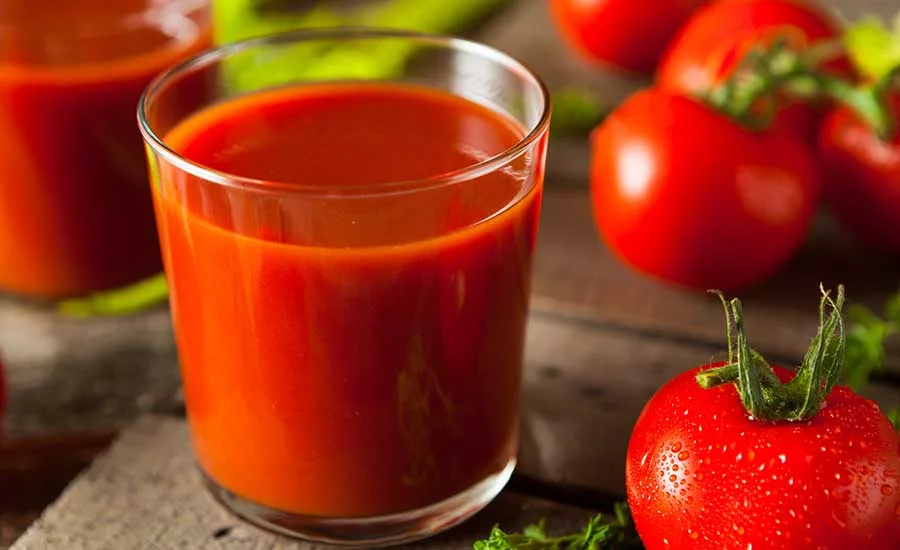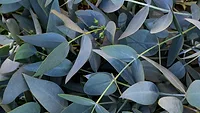Study Shows Antimicrobial Properties of Tomato Juice Can Kill Salmonella

bhofack2/iStock/Getty Images Plus via Getty Images
According to a recently published study in the American Society for Microbiology journal Microbiology Spectrum, the antimicrobial properties of tomato juice can kill Salmonella Typhi, a pathogen that causes typhoid fever and is frequently spread by contaminated water.
During the study, the researchers tested four antimicrobial peptides in fresh-ground tomato juice against S. Typhi. Two of the four peptides (tdAMP-1 and tdAMP-2) were found to be effective at inactivating the pathogen, with a notable reduction in colony-forming units of S. Typhi at two hours following incubation vs. the control group treated with phosphate-buffered saline. S. Typhi was effectively eliminated by the tomato juice within a 24-hour period. The team also conducted tests on S. Typhi variants that appear in places where typhoid fever is commonly found, and found it to be effective against drug-resistant, acapsular, and hypervirulent variants.
The researchers also wanted to see if tomato juice was effective at killing other enteric pathogens that are harmful to the human digestive and urinary tracts, including Salmonella Typhimurium and two uropathogenic Escherichia coli (UPEC) strains, CI5 and J96. Tests showed that the two antimicrobial peptides of tomato juice were able to impair the bacterial membranes of the pathogens, inhibiting their growth. None of the tested pathogen strains were recovered after 24 hours of incubation in tomato juice.
Looking for quick answers on food safety topics?
Try Ask FSM, our new smart AI search tool.
Ask FSM →









